Artificial intelligence and the startup ecosystem have emerged as the twin engines driving Uzbekistan’s new digital economy. The country’s national strategy for digital transformation places a strong emphasis on these domains — with international collaboration at its core.
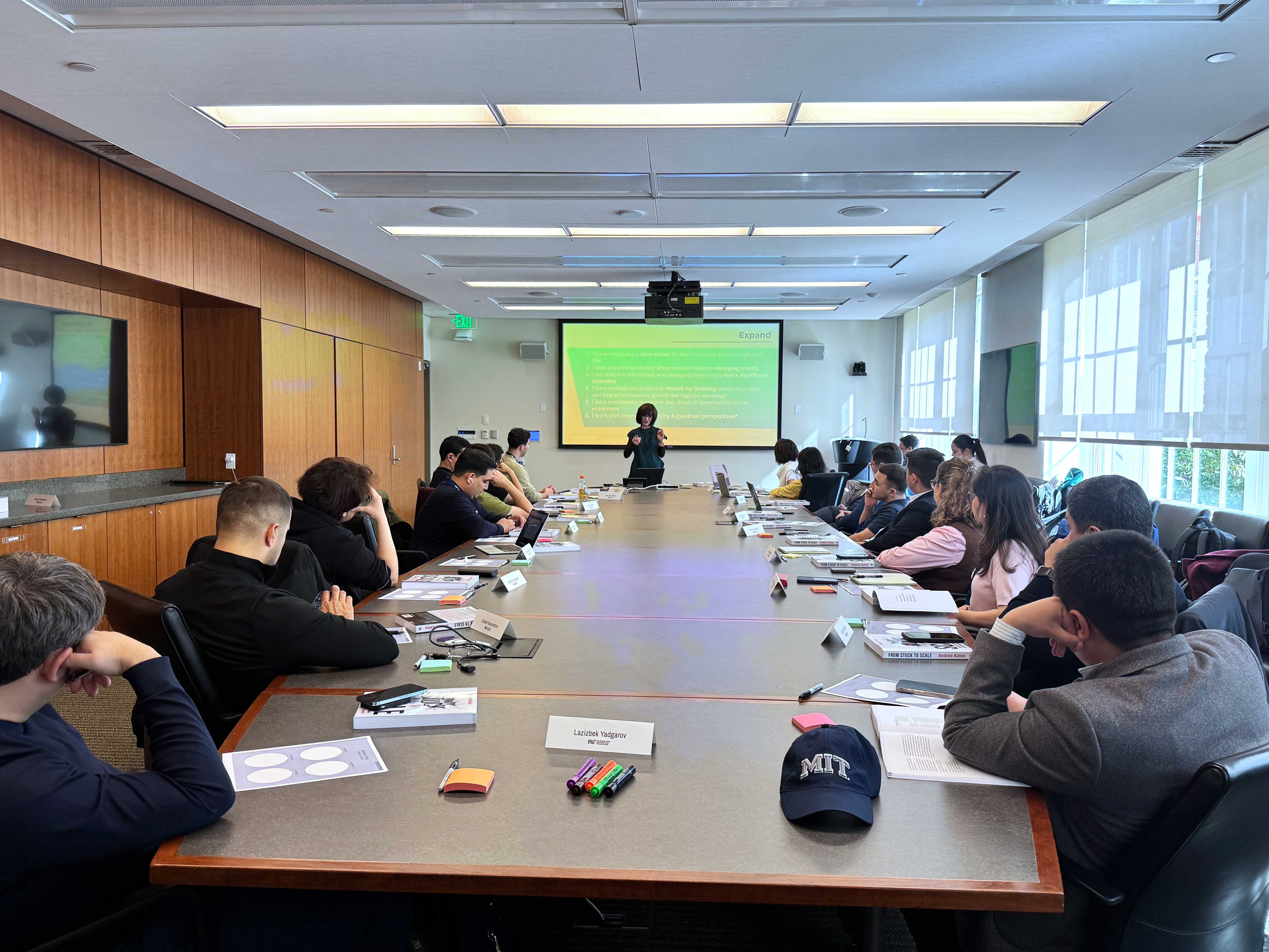
In October 2025, Uzbekistan took a significant step forward when the MIT Tech Leaders Lab program concluded at the Massachusetts Institute of Technology (MIT). The initiative brought together a delegation from the Ministry of Digital Technologies and key organizations shaping the nation’s digital future.
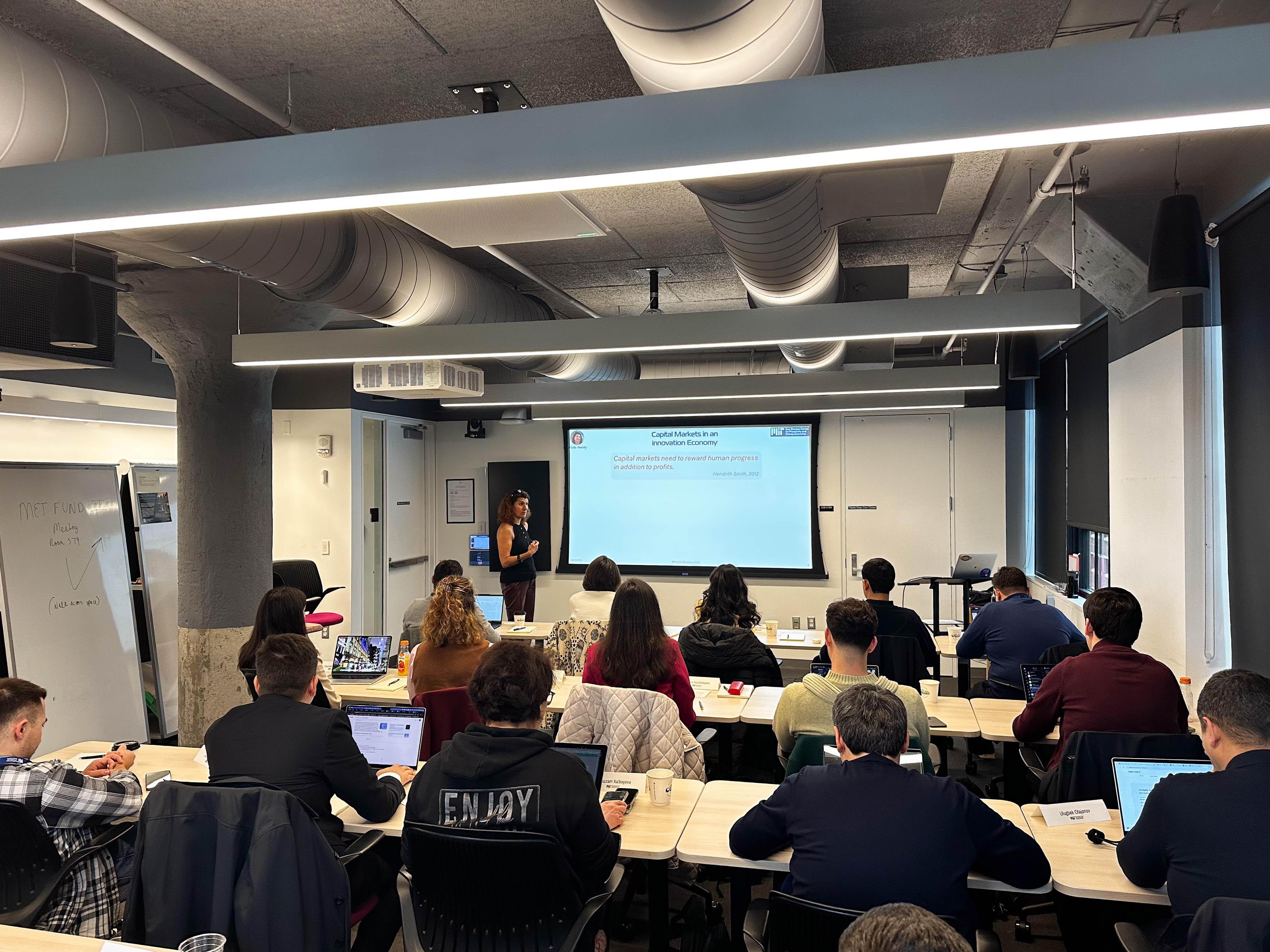
The delegation included representatives from the Ministry of Digital Technologies, IT Park Uzbekistan, the Republican Center for the Management of Telecommunication Networks, the Electromagnetic Compatibility Center, and the Research Institute for the Development of Digital Technologies and Artificial Intelligence.
The week-long program, held from October 21 to 27, 2025, took place at the MIT Kuo Sharper Center for Prosperity and Entrepreneurship — one of the world’s leading hubs for innovation leadership and entrepreneurial education.
The MIT Tech Leaders Lab is a one-of-a-kind initiative designed to strengthen strategic thinking, adaptive leadership, and systemic approaches to national innovation ecosystem development.
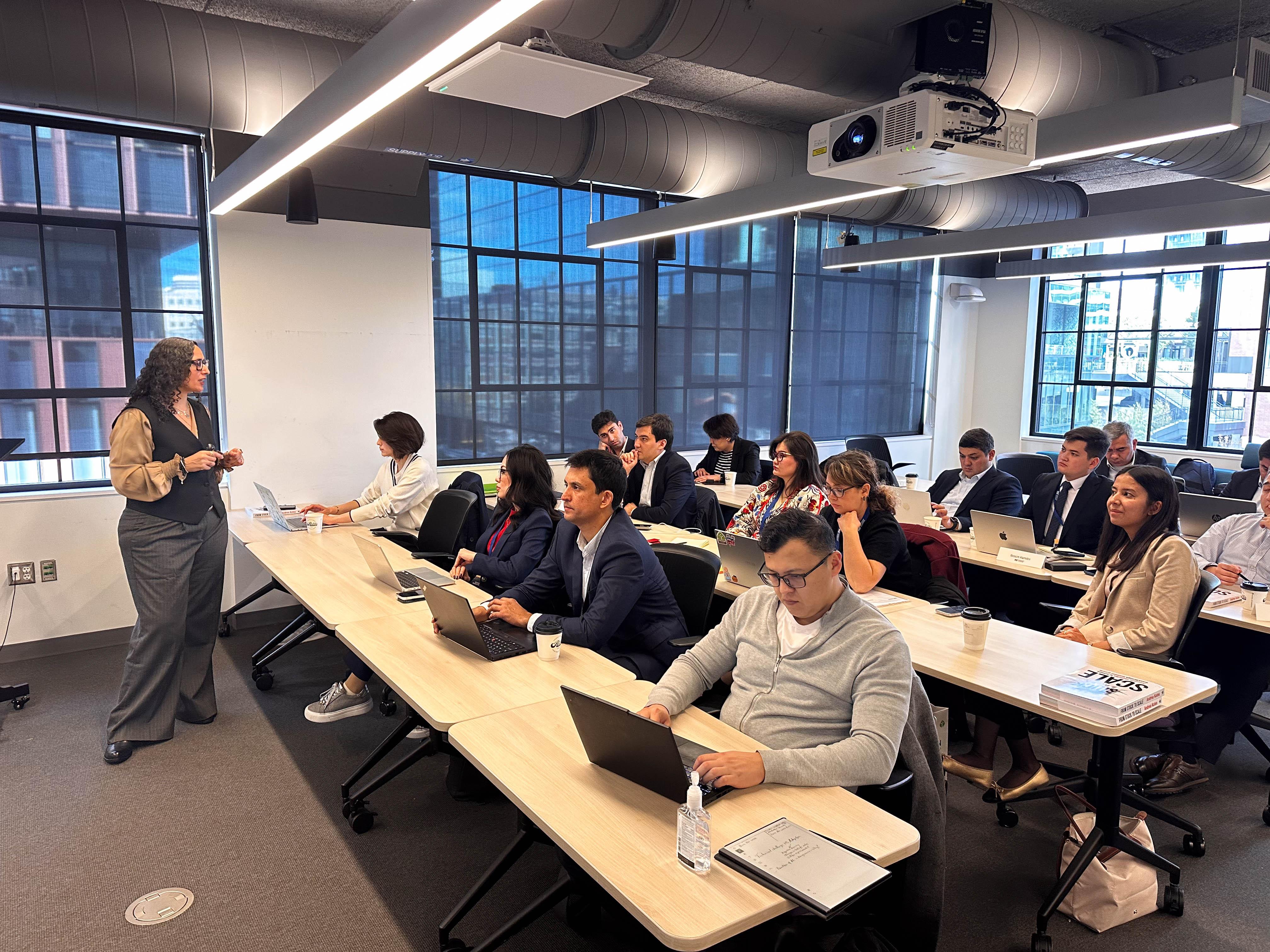
For Uzbekistan, participation represented a strategic step in nurturing digital leadership and advancing human capital. Delegates from the Ministry and IT Park completed intensive academic and practical sessions spanning artificial intelligence, sustainable development, systems innovation, and venture ecosystems.
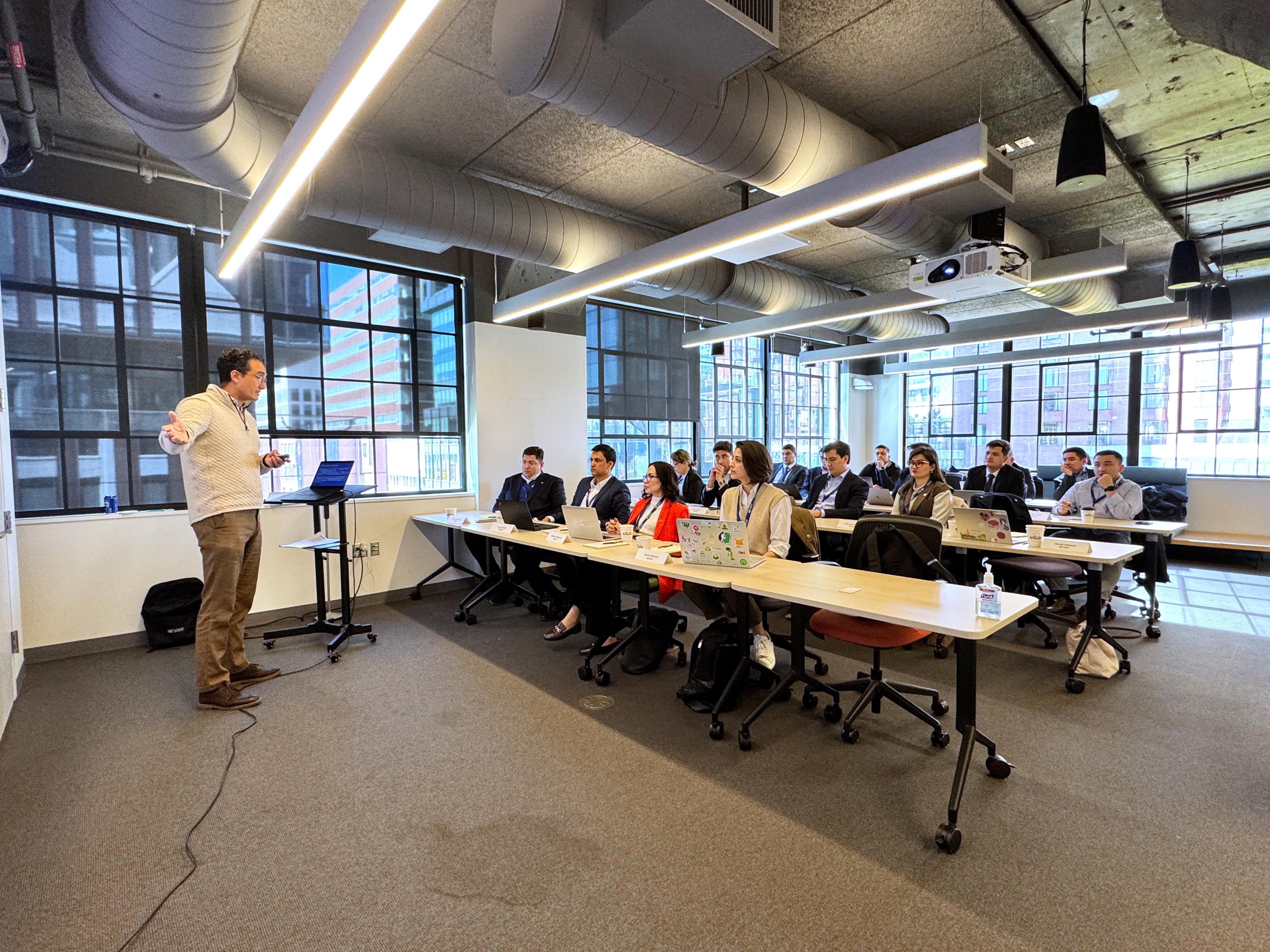
“Uzbekistan faces a strategic task: to prepare a new generation of leaders for the digital era - leaders who can not only adapt to change but shape the nation’s innovation economy. Programs like the MIT Tech Leaders Lab create an environment where future professionals are trained to launch world-class national technology projects.”
— Sherzod Shermatov, Minister of Digital Technologies of Uzbekistan.
The training was led by MIT faculty and Silicon Valley innovators, including:
Structured as a step-by-step journey, the MIT Tech Leaders Lab guided participants from understanding how innovation ecosystems are built to mastering strategic and adaptive leadership.
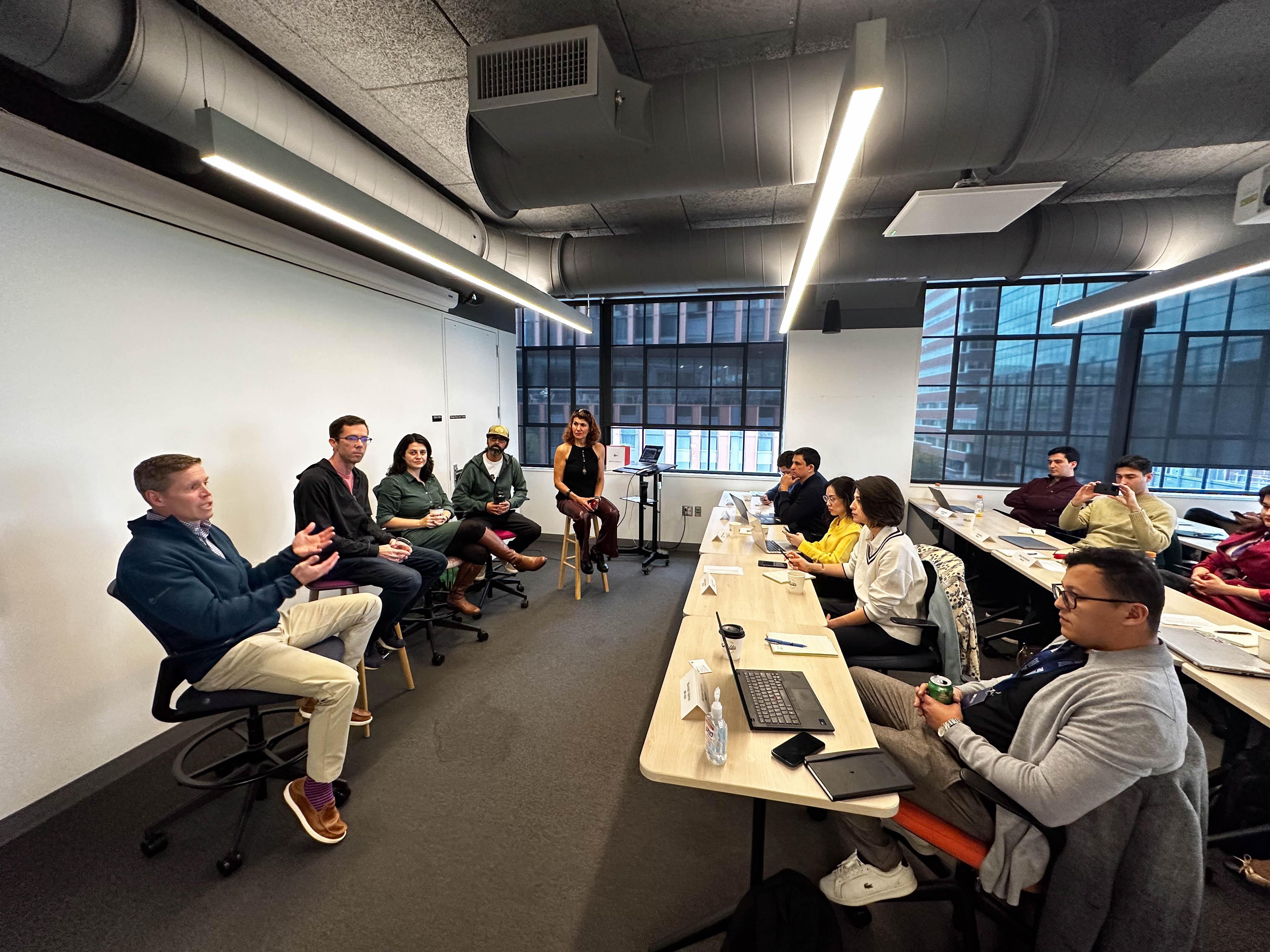
The first phase explored how entrepreneurship fuels inclusive growth, drawing on the MIT Sloan Ecosystem Framework — a model that connects academia, business, and government to foster sustainable innovation.
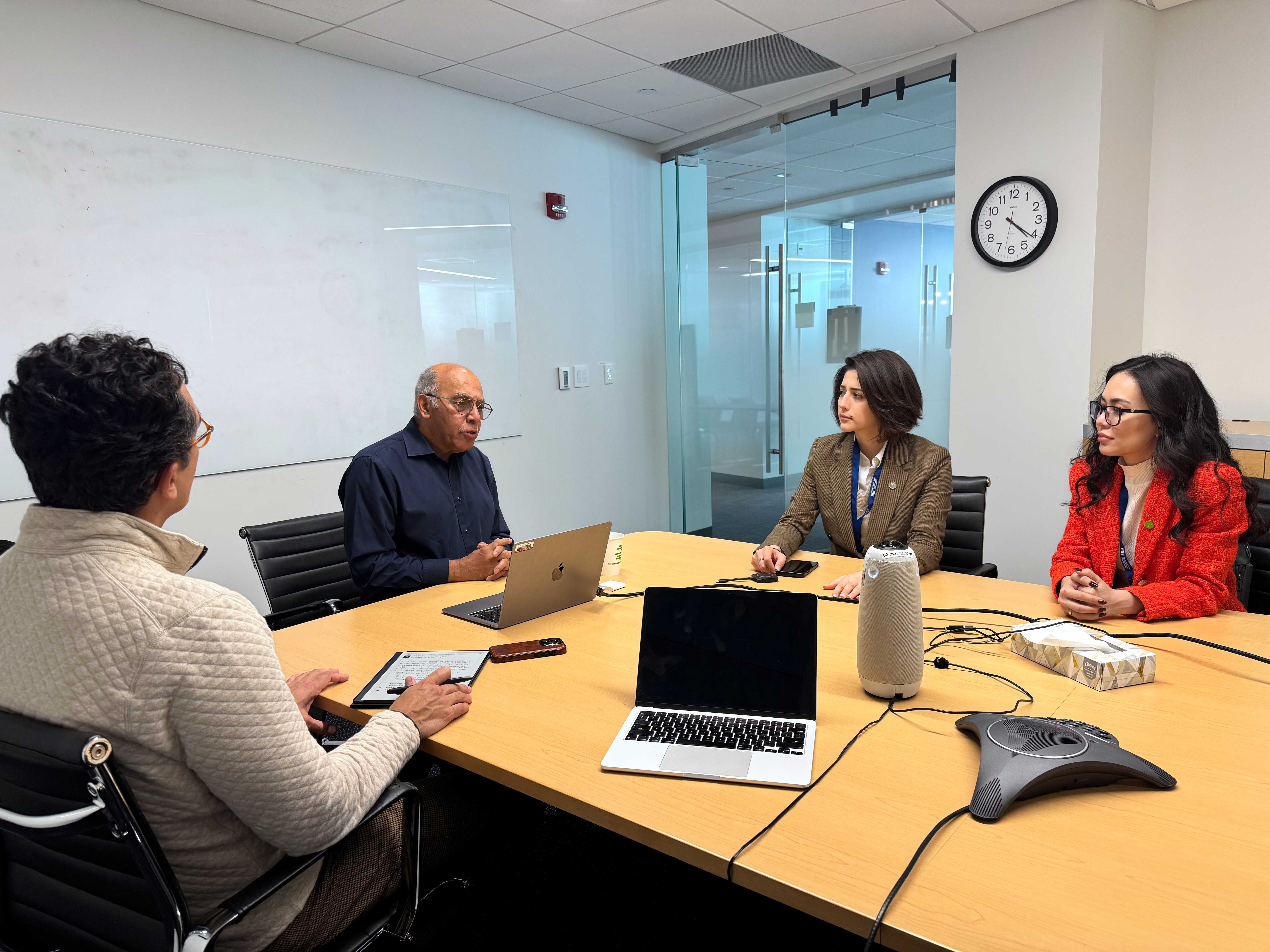
Subsequent modules examined venture capital models, investment tools for technology projects, and mechanisms for scaling innovation through education and entrepreneurship.
The program also delved into AI-driven organizations and adaptive leadership, equipping participants to lead change and maintain resilience in an era of rapid technological transformation.
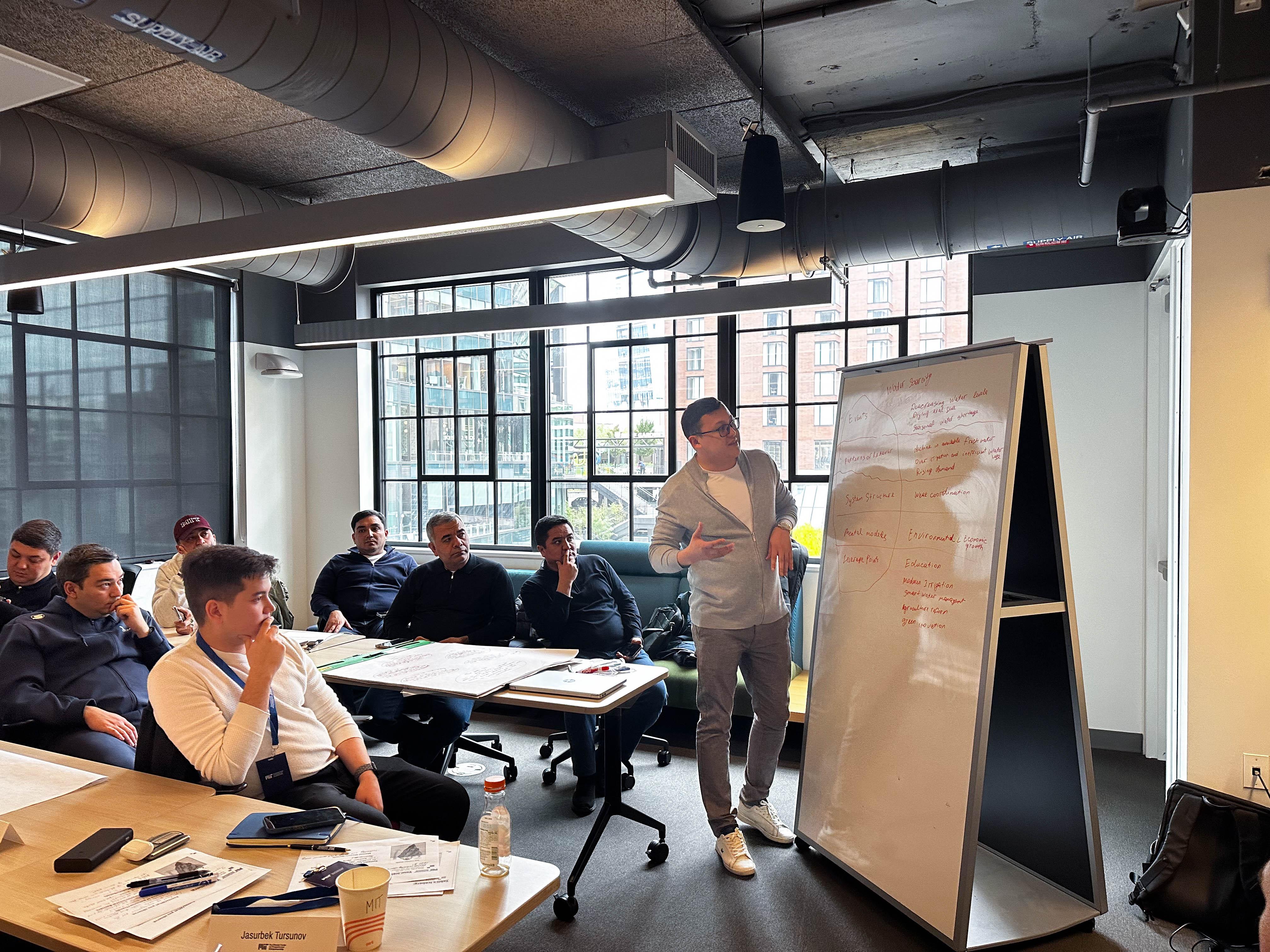
By the program’s conclusion, delegates had developed detailed roadmaps for Uzbekistan’s innovation ecosystem, grounded in local resources, human capital, and global trends.
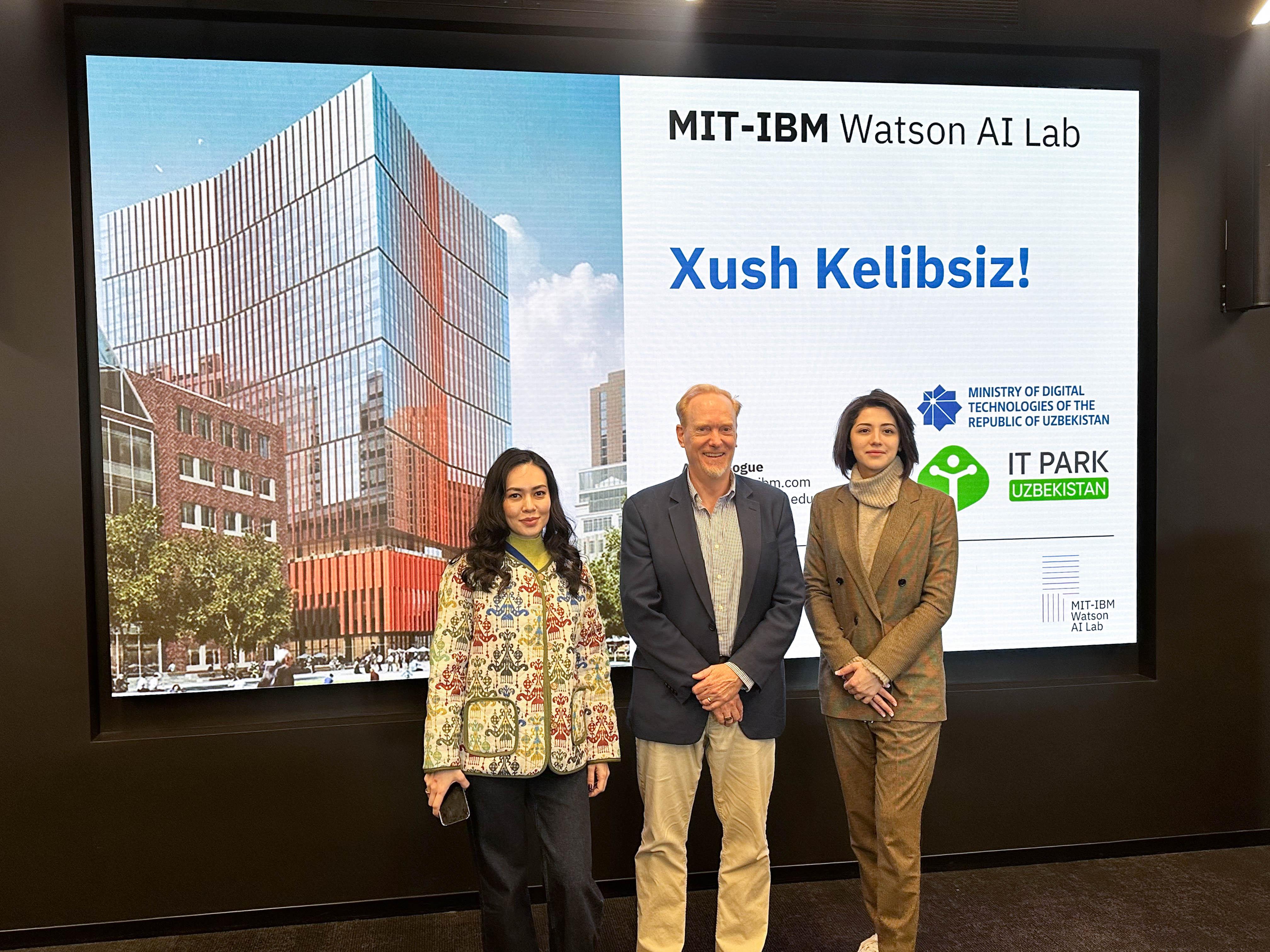
“Uzbekistan’s focus on human capital and its commitment to investing in people is a rare and powerful signal. Not every nation makes such a conscious choice - one that paves the way for long-term transformation.Uzbekistan’s vision to move from an outsourcing hub to its own innovation ecosystem will take time, learning, and courage. But the country already possesses the most critical element - faith in its potential and a generation ready to act on it.”
— Dina H. Sherif, Executive Director, MIT Kuo Sharper Center.
The practical component of the program included study visits to MIT and Harvard’s leading research and innovation centers, allowing delegates to see firsthand how the U.S. innovation ecosystem operates.
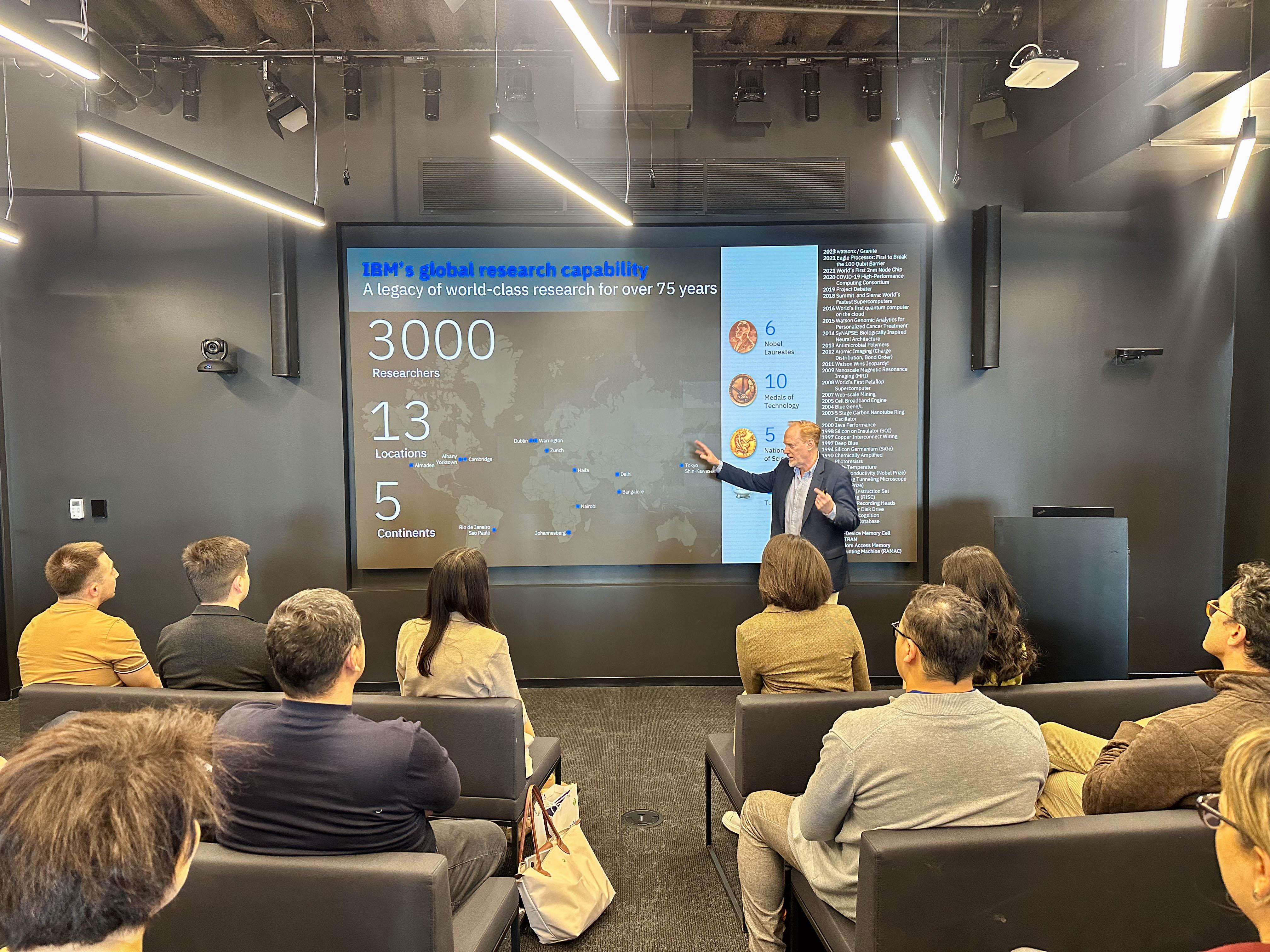
At the MIT Martin Trust Center for Entrepreneurship, participants explored how MIT trains founders — with over 180 startup teams supported in the past decade, collectively raising $2 billion in post-graduation funding.
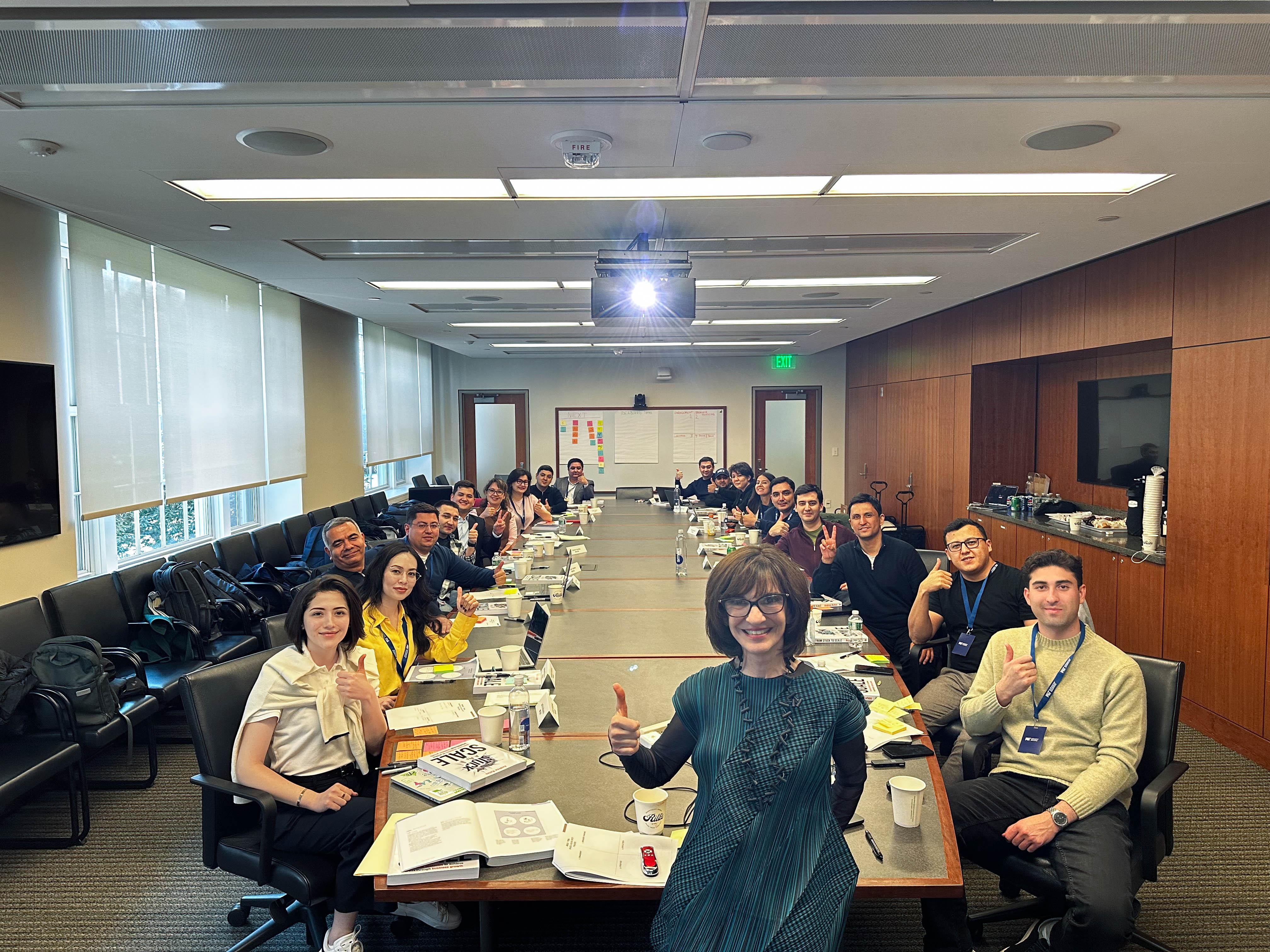
At the MIT-IBM Watson AI Lab, which runs over 100 AI research projects (many already applied in industry and education), they examined models of corporate research and academic–industry collaboration.
The MIT Robotics and AI Institute, a partner of Boston Dynamics, showcased breakthroughs in next-generation robotics and automation.
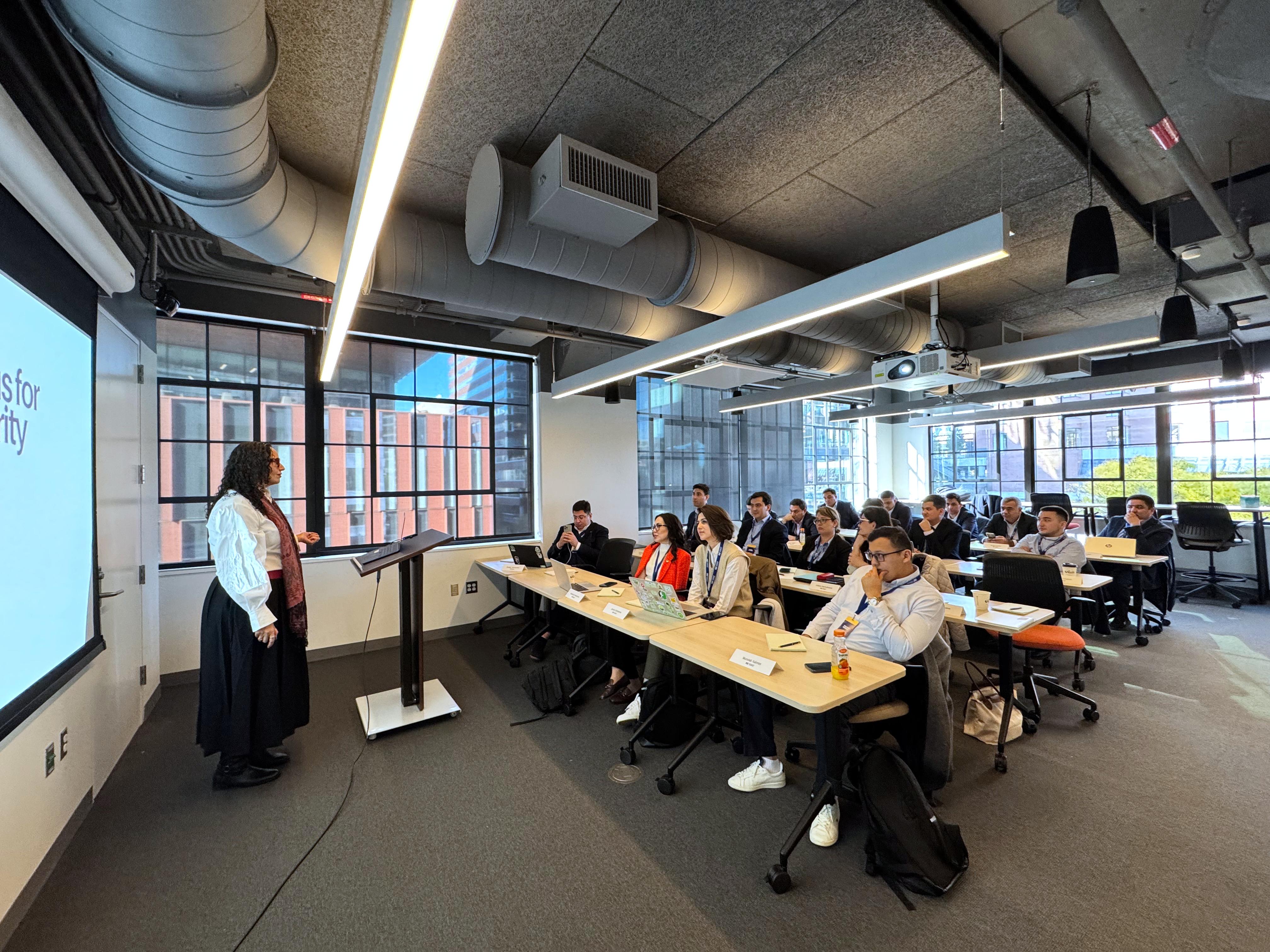
Finally, at Harvard Innovation Labs, delegates studied how a single ecosystem has helped launch over 6,000 startups across biotech, AI, and sustainability sectors.
These visits offered practical insights into how research is transformed into market-ready solutions — lessons now being adapted for Uzbekistan’s innovation landscape.
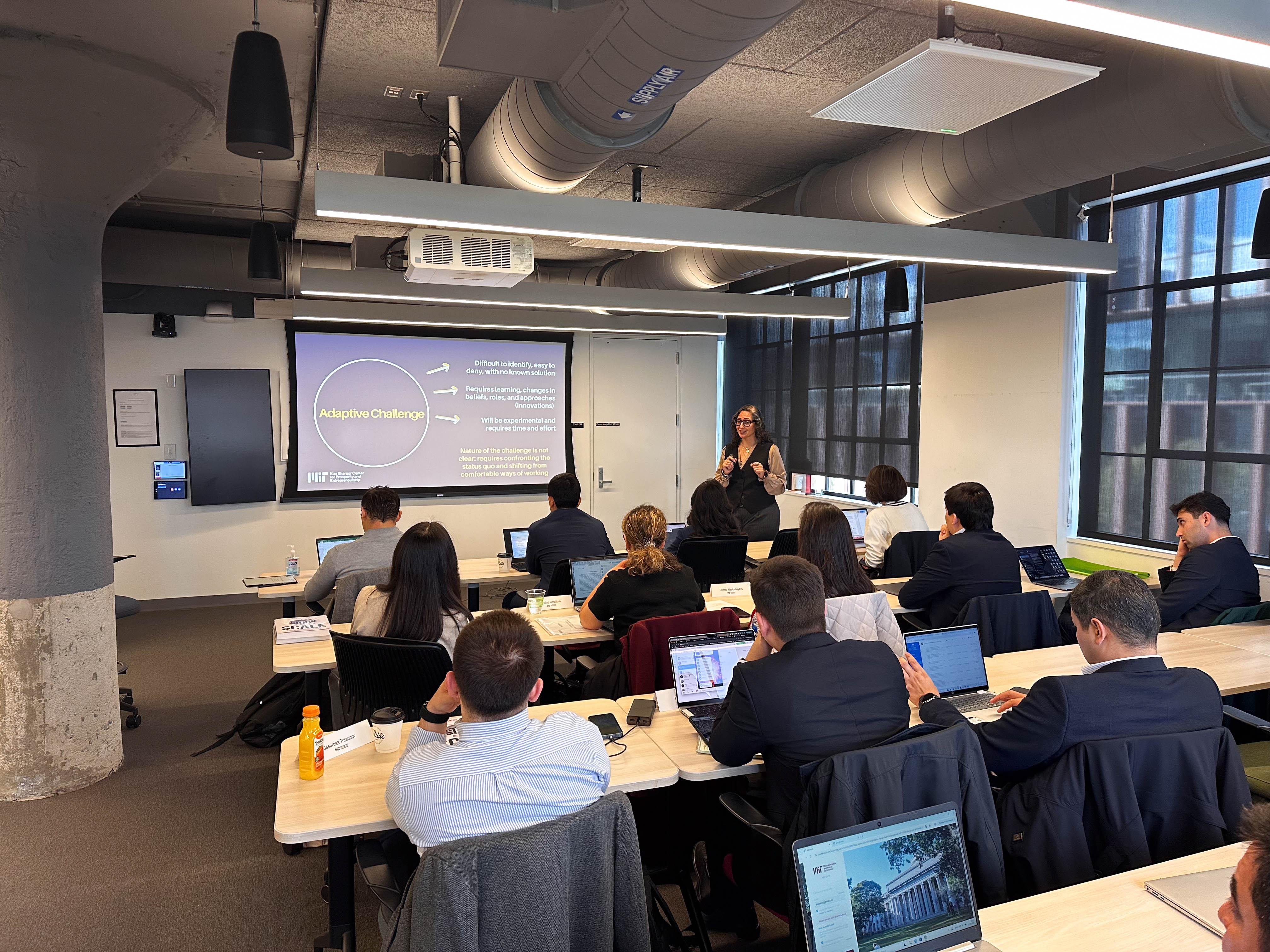
Following the program, both sides outlined a framework for long-term partnership. A key opportunity is the potential localization of the MIT Sandbox platform in Uzbekistan. Each year, MIT Sandbox engages 350+ teams and 750+ participants, offering up to $25,000 in non-equity funding per startup alongside mentorship and entrepreneurship training.
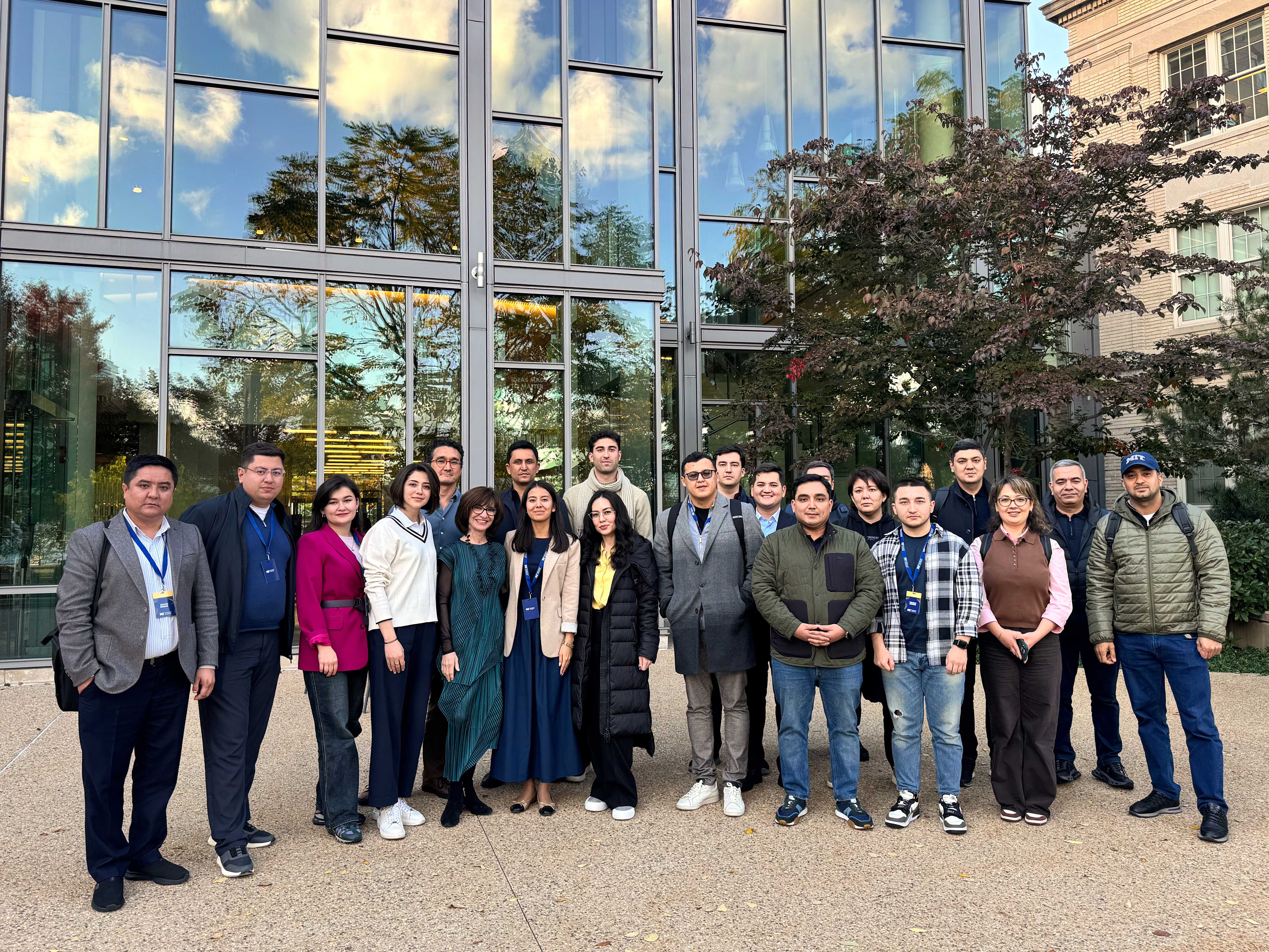
Plans are also underway to establish joint R&D centers focused on three priority areas — artificial intelligence, unmanned systems/drones, and industrial automation — drawing on the expertise of the MIT-IBM Watson AI Lab and Boston’s robotics community.
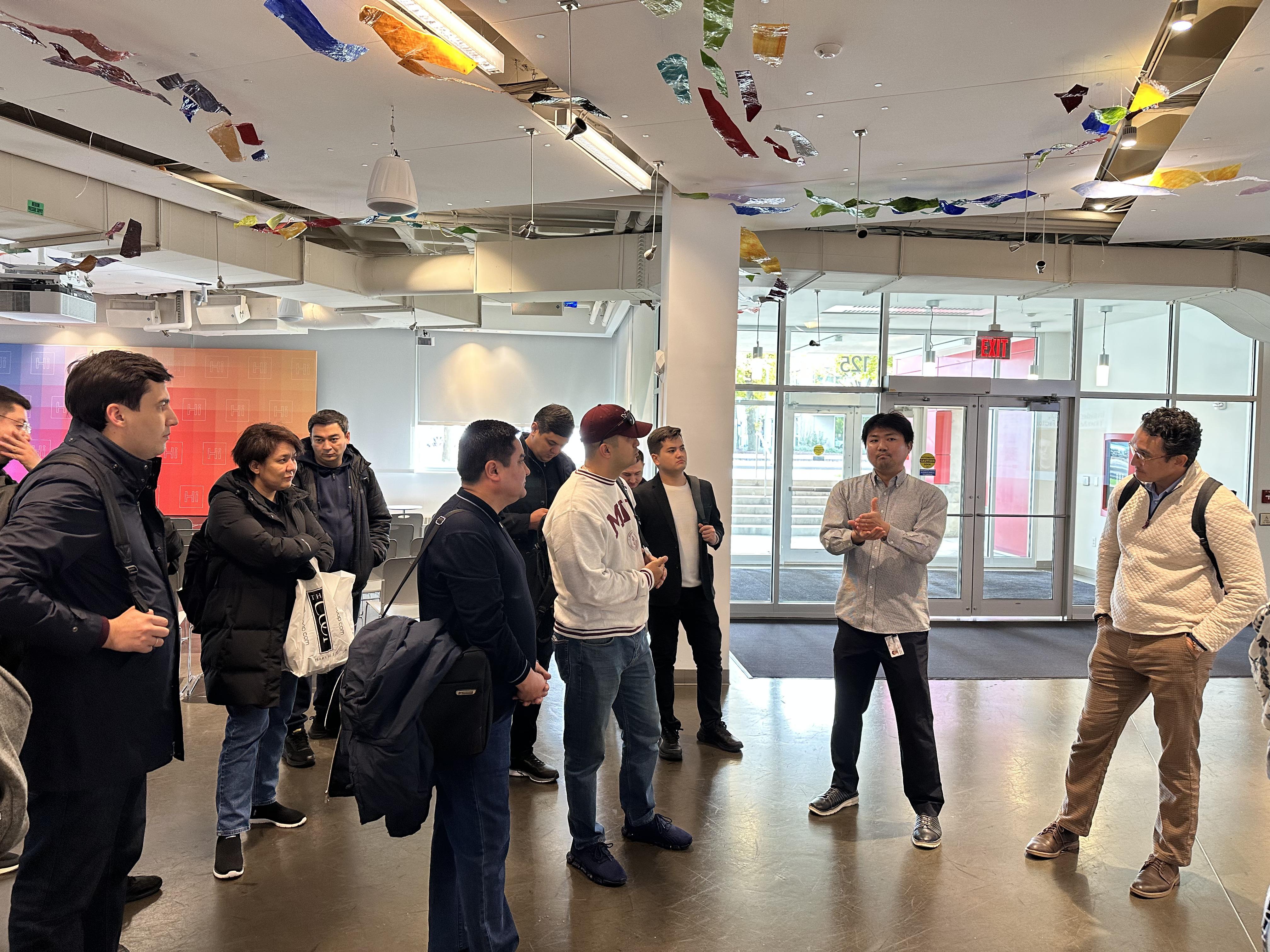
Another strategic focus is academic mobility and open learning, including participation in MIT Open Learning programs, researcher exchanges, and engagement in entrepreneurial tracks at the Martin Trust Center.
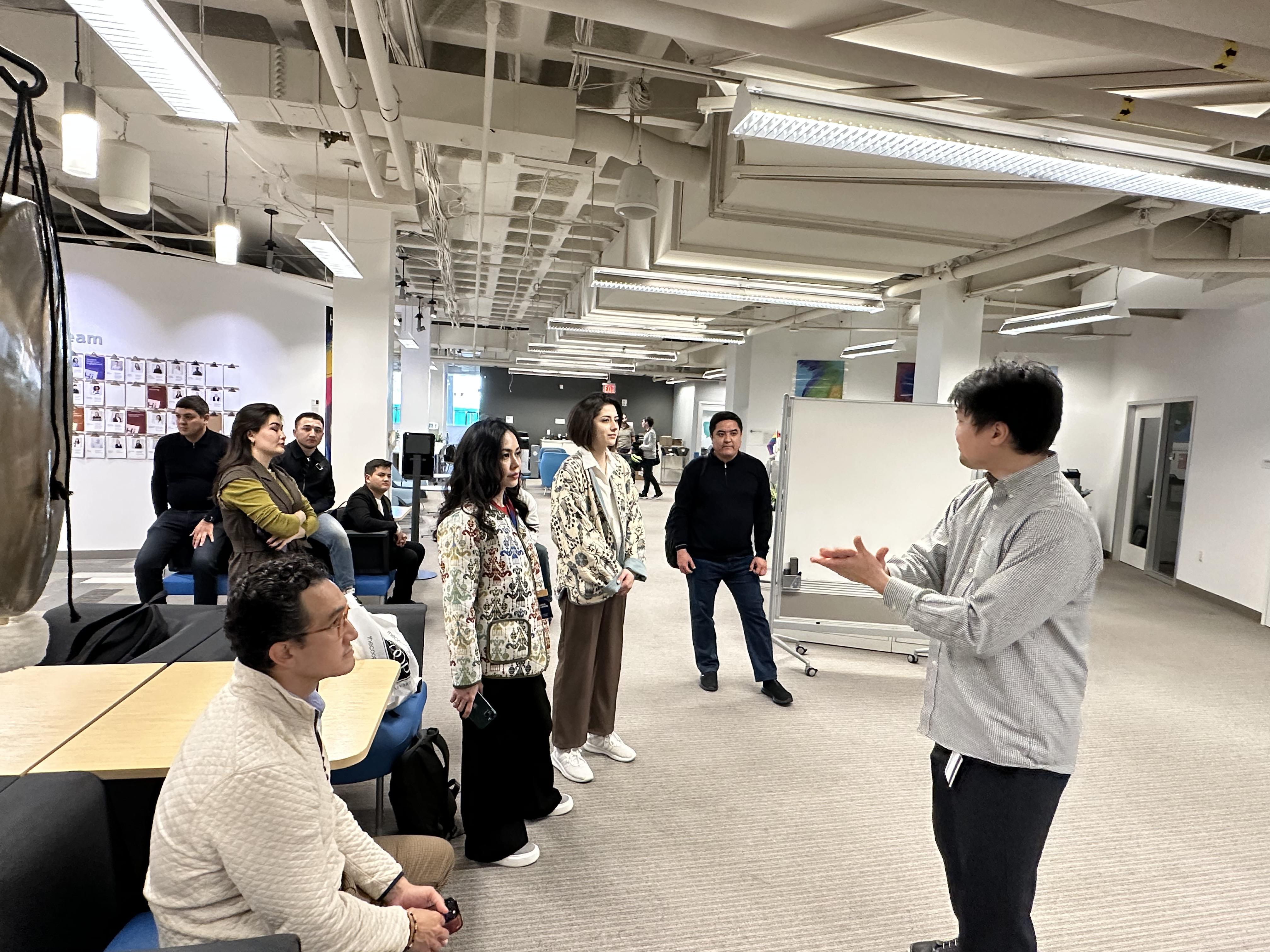
“Collaboration between IT Park Uzbekistan and MIT opens new horizons for integrating global best practices into the national innovation ecosystem. It will accelerate knowledge transfer, strengthen the entrepreneurial culture, and position Uzbek founders to compete globally,”
— Abdulakhad Kuchkarov, CEO, IT Park Uzbekistan.
The MIT Tech Leaders Lab represents a cornerstone in Uzbekistan’s ongoing transformation — building human capital and advancing its digital economy. The knowledge and international partnerships gained will help cultivate a data-driven, innovation-minded leadership culture.
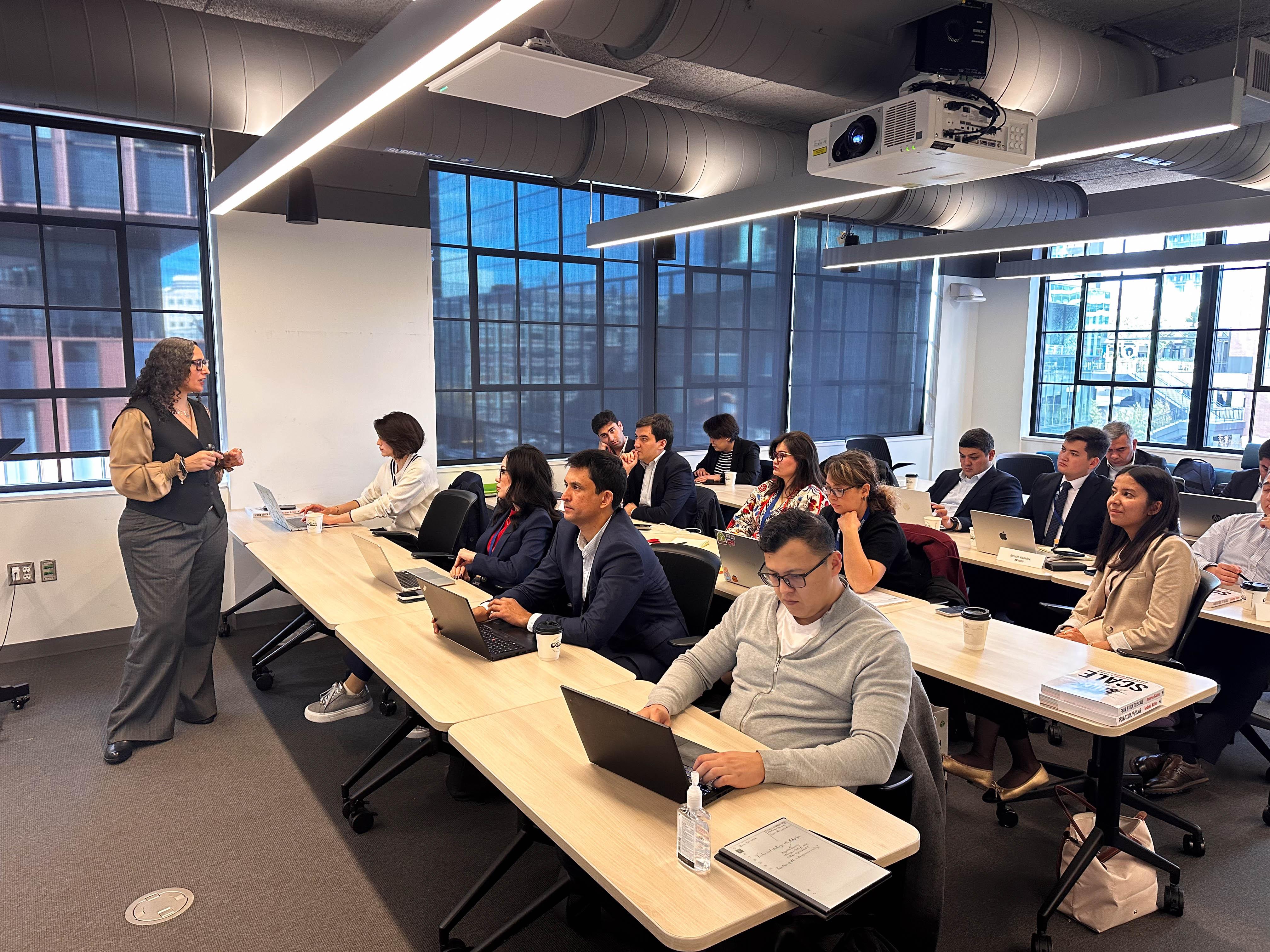
Through its partnership with MIT, Uzbekistan is laying the foundation for world-class education, research collaboration, and national competence development. These efforts go beyond workforce training — they are shaping a generation of leaders capable of turning technological vision into sustainable progress, placing Uzbekistan firmly on the global innovation map.